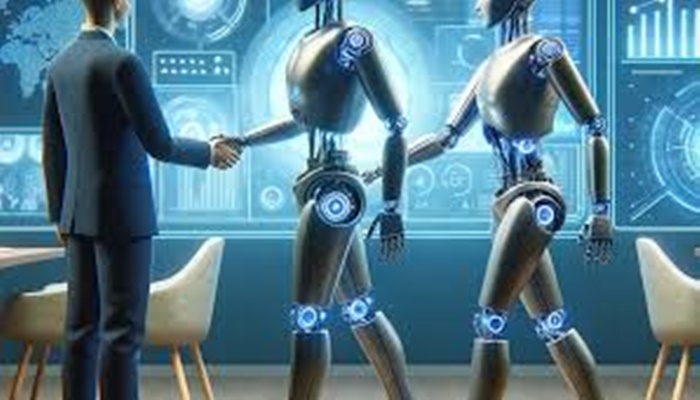Artificial intelligence is rapidly reshaping the global workforce. This is also unleashing unprecedented automation and efficiency. MIT economist David Autor highlights that while AI’s power can drive progress, it also has the potential to disrupt traditional job markets. As AI systems become more capable, the skills that once commanded high wages may become commonplace, reducing their value and transforming the nature of work.
“The more likely scenario to me looks much more like Mad Max: Fury Road, where everybody is competing over a few remaining resources that aren’t controlled by some warlord somewhere,” Autor remarked, emphasizing the disruptive force of AI-driven automation. He said this on the Possible podcast, hosted by LinkedIn co-founder Reed Hoffman.
AI’s ability to perform complex tasks at scale could concentrate wealth and opportunity among those who control the technology, while many workers may find themselves competing for fewer, less rewarding roles. Autor warns that the real risk is not a lack of jobs, but the devaluation of skills as AI makes them abundant and easily replicable.
AI’s Impact on Employment
AI is poised to automate roles ranging from typists and factory technicians to taxi drivers, fundamentally altering the employment landscape.
Dario Amodei, CEO of Anthropic, cautions that AI could eliminate up to 50% of entry-level white-collar jobs within five years, potentially increasing unemployment by 10% to 20%.
Many are unaware of the speed and scale at which AI is advancing, with experts urging greater awareness and preparation for the changes ahead.
“We, as the producers of this technology, have a duty and an obligation to be honest about what is coming,” Amodei stated, underscoring the responsibility of AI developers to communicate the profound impact of their innovations.
AI: Catalyst for Change
While concerns about job displacement are real, the power of AI also offers opportunities for new industries, enhanced productivity, and solutions to complex problems. The challenge lies in harnessing AI’s transformative potential to benefit society as a whole, ensuring that its power leads to shared prosperity rather than deepening inequality.




















